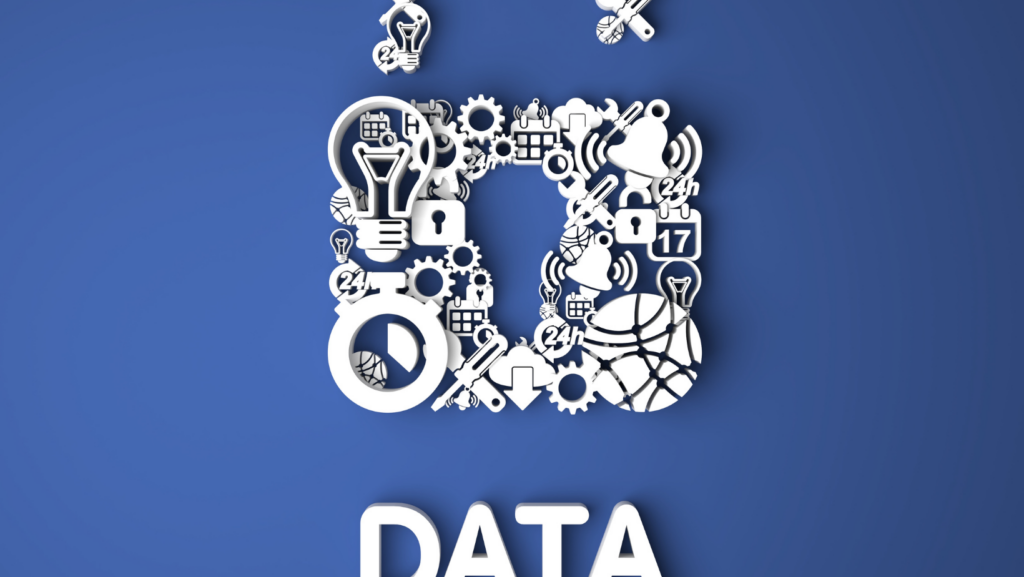In today’s digital age, data is often hailed as the new oil, driving innovation and decision-making across industries. However, as the volume of data grows exponentially, so do concerns about who truly owns and controls this valuable resource. What is data ownership has become a crucial topic in discussions about privacy, security, and ethical data use.
At its core, data ownership refers to the rights and responsibilities associated with possessing and controlling data. This concept is more than just a legal term; it encompasses who can access, share, and monetize data. As businesses and individuals navigate this complex landscape, understanding data ownership is essential for ensuring transparency and protecting personal and organizational interests.
With regulations like GDPR and CCPA shaping what is data ownership, the stakes have never been higher. Exploring the intricacies of data ownership offers insights into how it’s influencing policy, technology, and the future of digital interactions.
What is Data Ownership

The question what is data ownership has often been asked. Data ownership defines the legal rights and control over data. It denotes who has the authority to access, modify, share, or monetize data assets. Ownership becomes crucial in instances involving personal data, where privacy laws like GDPR and CCPA assert individuals’ rights over their information.
Entities holding data must navigate these laws. This requires ensuring compliance with regulations when collecting, processing, and storing data. Breaches of data ownership can lead to significant legal ramifications and reputational damage.
Legal Aspects Of Data Ownership
Data ownership involves navigating a complex legal landscape to ensure compliance and protect rights. Legal frameworks dictate how data is controlled, accessed, and shared.
Data Protection Laws
Data protection laws regulate the handling of personal data to safeguard privacy. Regulations like GDPR in Europe and CCPA in California establish guidelines on data processing, consent, access, and erasure rights. These laws mandate organizations to implement robust security measures for protecting data from breaches. Non-compliance can result in substantial fines and reputational damage, making adherence critical.
Intellectual Property Rights
Intellectual property rights determine ownership and usage of data as a protected asset. These rights can encompass patents, copyrights, and trademarks, providing legal protections for databases and data-driven creations. Entities must consider ownership agreements to address the use and distribution of data in collaborations. Proper management of intellectual property rights ensures the rights holders control how data assets are commercialized and prevents unauthorized exploitation.
Challenges In Data Ownership

Data ownership presents various challenges that impact security, ethics, and control over data. Addressing these challenges is crucial for organizations to safeguard their data assets and maintain compliance with regulatory standards.
Data security remains a top challenge in data ownership. Unauthorized access threatens the integrity and confidentiality of data, impacting users’ trust in handling sensitive information. As cyber threats evolve, organizations must implement advanced security protocols to protect against breaches and data theft. Encryption, access control, and regular audits form critical components of a robust security strategy. Compliance with standards like GDPR and CCPA necessitates strong security measures to mitigate risks associated with data misuse.
Ethical Implications
Ethical considerations are integral to data ownership. The use of data involves navigating issues of privacy, consent, and automated decision-making. Organizations must ensure data practices align with ethical standards to prevent discrimination and bias in data processing. Transparent policies regarding data use foster trust and accountability. These ethical challenges require careful balancing, particularly when AI and machine learning tools are employed, as they can unintentionally propagate biases present in the training data. Responsible data stewardship involves making ethical choices that respect individual rights and uphold social values.
Data Ownership In The Digital Age

Data ownership transforms in the digital age, as vast amounts of information circulate online. This shift affects how individuals, businesses, and policymakers view privacy and control.
Social media platforms gather significant user data, raising concerns over ownership and privacy. Users share personal information, often without realizing the extent of data collection. Privacy policies dictate data usage, but transparency varies across platforms. Social media giants monetize data through advertising, creating debates on users’ rights versus platforms’ economic interests.

